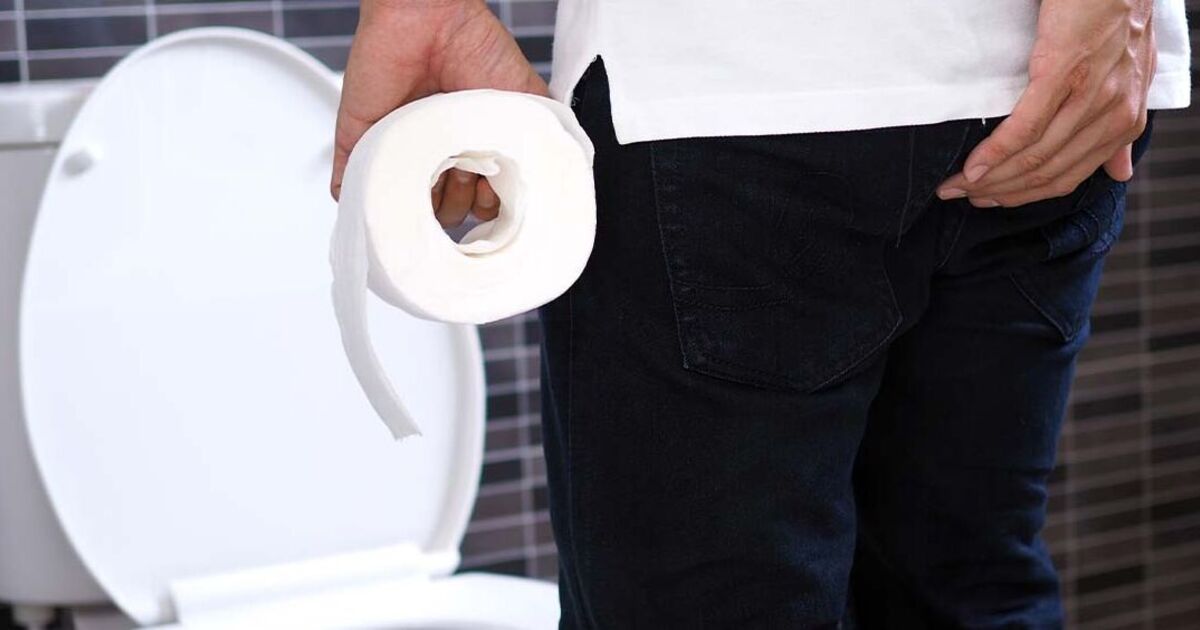While you may be reluctant to check the toilet bowl after going for a number two, your poo can serve as a window to your overall health.
A gut health expert has stressed that understanding what your poo reveals about your body is “essential”.
Fortunately, The Bristol Stool Chart is a helpful tool that classifies stools into seven types.
The “perfect” poo falls into types three and four, which resemble a snake, setting a goal of what you should aim for. However, other types of stools may hint at digestive problems or even dehydration and stress.
Chris Dubberley, gut-health expert from Incontinence Shop, shared how to understand your health better through what you see in the toilet.
1.Floating stools
From poor fat absorption to bacterial imbalances, floaters could be a sign of many gut health problems.
Dubberley said: “Floating stools can indicate issues with food digestion or an overgrowth of gut microbes, potentially due to genetics, chronic stress, small intestine lining damage, or bacterial imbalances. Persistent floaters or those that are hard to flush may suggest poor fat absorption.”
2.Hard stools
While this type of stool can be very uncomfortable to pass, it’s usually just triggered by your lifestyle choices.
The expert said: “Hard, dry stools often result from factors like a lack of dietary fibre, dehydration, a sedentary lifestyle, or stress. These factors can lead to constipation, a common digestive concern affecting many.”
3.Stools with undigested food
While this stool isn’t necessarily a cause for concern, you might want to re-evaluate your chewing habits.
Dubberley said: “Regularly spotting undigested food in your stool indicates inadequate chewing habits. Chewing your food thoroughly and eating mindfully can significantly enhance digestion and promote healthier stools.”
4.Loose stools
The consistency of your stool can be influenced by a range of factors, such as stress, food intolerances, diet choices, and imbalanced gut bacteria.
The expert explained that loose stools can sometimes be linked to anxiety, excessive alcohol consumption, or dietary factors.
However, persistent diarrhoea may signal bacterial infections, parasites, or underlying health conditions such as coeliac disease, requiring medical attention.
5.Smelly stool
Dubberley explained that a poo which has a foul, overpowering, or unusual smell may require further investigation. “Odour changes can be indicative of underlying issues,” he said.
6.Stool colour
The ideal is brown colour as other tints could mean it’s time to get checked. Dubberley said: “Green, yellow, and red stool can be caused by specific foods and medications. Changes like white, yellow, or clay-coloured stool may indicate alterations in bile production or release.”
“Tar-coloured or black stool may indicate the presence of blood in your digestion, while bright red blood is often a sign of a fissure or haemorrhoid. Any unusual changes in stool colour should be consulted with your healthcare practitioner.”










